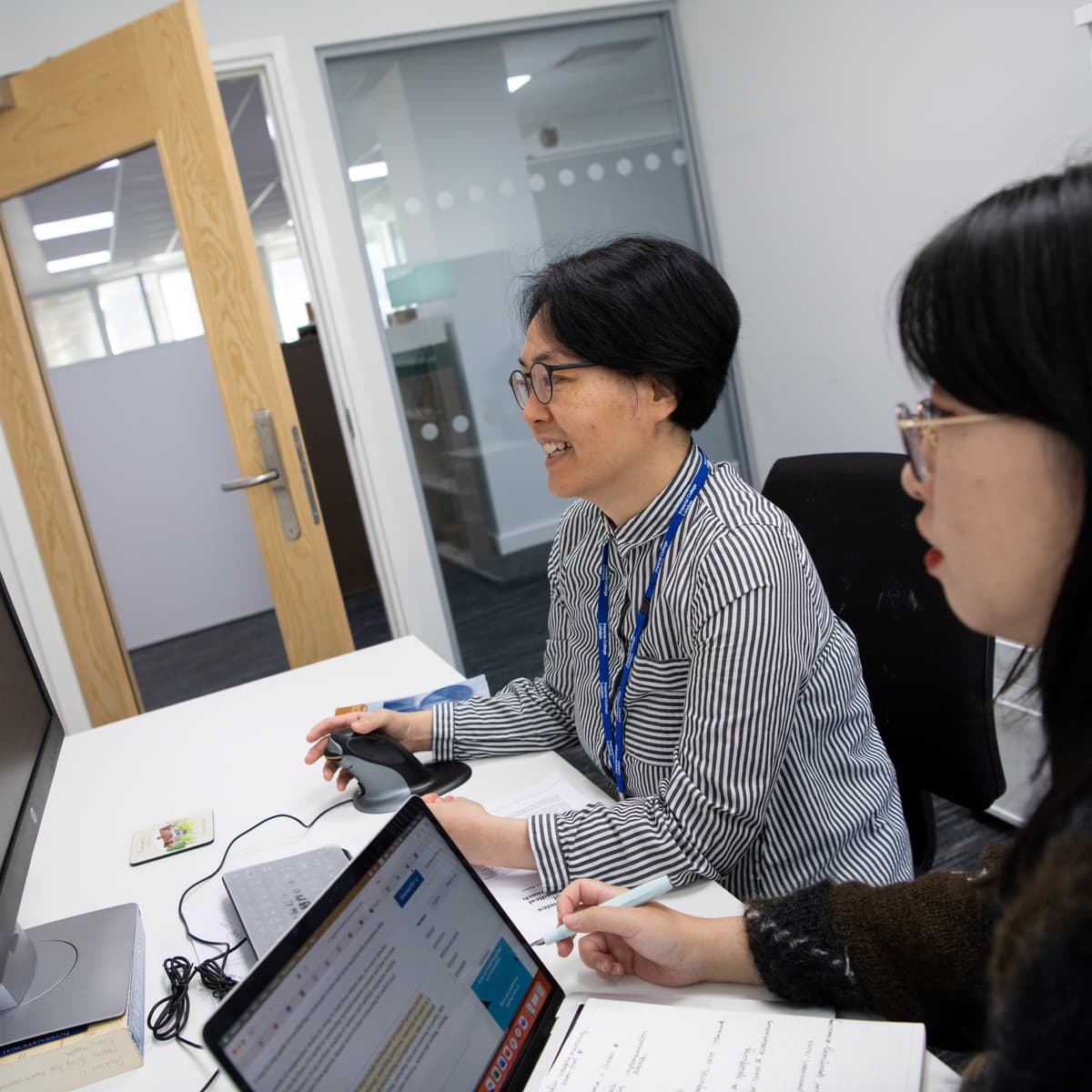
We understand our researchers may follow varied career paths to become the research leaders of tomorrow, and our flexible funding policies are designed to accommodate your path.
If you’re considering applying for funding, this guidance outlines where we can be flexible with our eligibility criteria to accommodate your circumstances. And if you’re already funded by us, our flexible working policies are designed to ensure we continue to support you as you develop your own research path.
We know making the transition to your next career stage can be challenging. You should be able to apply to us for funding at the right time for you and your career rather than by an artificial cut-off point. Our competency framework for fellowship applicants is intended as guidance for you to consider which funding opportunity is right for you to support your transition to the next career stage.
Specific eligibility rules may also apply for individual fellowship funding schemes. Career breaks (due to personal circumstances), part-time working and changes in discipline will be taken into consideration by our panels and committees to make appropriate adjustments when assessing your record of outputs, research achievements and career progression.
If you need further guidance, please contact the Research Grants Manager for the scheme you are interested in and they can advise on your suitability.
Read our competency frameworkWe are very supportive of researchers applying and working part-time if you’re funded by us. You can request to work part-time or flexibly on any of our awards, as long as this fits with the needs of your host institution and your request is approved by them.
As a general rule for fellowship applicants, we expect at least 0.5 FTE or 80% of your working hours, whichever is greater, to be spent on academic research.
If you’d like to request a part-time award in your application, the scheme’s application guidelines will provide information on how to request this via our online application system, Flexi-Grant. For fellowship applicants, we advise you to talk to the relevant Research Grants Manager before applying.
If you currently hold current funding from us and would like to continue your award on a part-time basis, you can make your request in writing. We advise you to first get in touch with your Research Grants Manager to discuss the process.
If you’re a researcher or student funded by us, we provide support if you need to take parental, sick or other long-term leave during your grant period.
We will also consider requests on a case-by-case basis to suspend your award or to extend the end date through a no cost extension following long-term leave.
If you’re a fellow and research activities have continued during your period of leave, we may consider requests on a case-by-case basis for a cost extension to cover additional direct research costs (eg research related consumables and to retain direct research staff) and to extend the end date. Such requests need to be discussed with us and approved in advance.
Full details of our support can be found in our parental or other long-term leave policy. All such requests need to be made in writing and your Research Grants Manager for further advice.
Read our policy for full details
Our research careers programme managers are here to help our research community and advise researchers who are interested in making an application. Email us to access support.

Our columnists are getting into the weeds of what makes research careers more productive, more rewarding and more successful.

Stay up to date with research funding and partnership opportunities, networking events and conferences and other research news.